While traveling around Latin America or Spanish-speaking countries, learning Spanish, or at least knowing some basic Spanish words makes things much easier. However, understanding jokes, slang, or regionalism makes things funnier. Welcome to our exciting introduction to Peruvian slang and expressions!
Peru offers stunning landscapes and rich history, but it’s also home to a vibrant way of speaking. If you’re considering visiting or want to learn more about the culture, picking up some key phrases can enhance your experience. It will help you connect with locals and make your journey even more special. So, let’s jump in and explore how to speak like a true Peruvian!
A glimpse at its origin
Most of the Peruvian slang words came from other languages such as Aymara or Quechua, Peruvian native languages. This showcases the strong Andean influence Peru has received all of these years. Or as you’ll see, some of them come from food. That’s no wonder as we love our food and we feel proud when we talk about it.
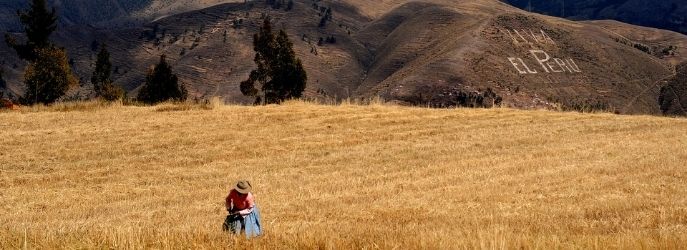
“Peruanismos” is viewed by many as a vulgar term of speech. However, regular use has shown that these expressions appeal to all social classes and are used by both foreign and Peruvian visitors. Let’s see some Peruvian Spanish slang terms, or so-called “Peruanismos”.
Some Peruvian Basic Slang

Al toque Our first expression means “quickly” or “in a second”. It’s used when you want something fast. It’s common to listen “ Necesito estos documentos al toque” which translates as “I need these documents quickly”.
The use of this word shows us that slang has become something habitual in Peruvian Culture. Don’t expect to recover “al toque” if you happen to have altitude sickness symptoms.
Chamba La chamba means work, it’s one of the most used slang in Peru, but when you say That person is so “chamba” you mean that “That person is hardworking”


Bacan
It means cool” or great! it’s another common slang that we’ll assure you listen to many times when you come to Peru. Our country is so “bacan”!
Jato
This term may refer to one’s house, you can come by my “jato” after work. It also can be used as a word to sleep. “Me quede jato” means that I fell asleep

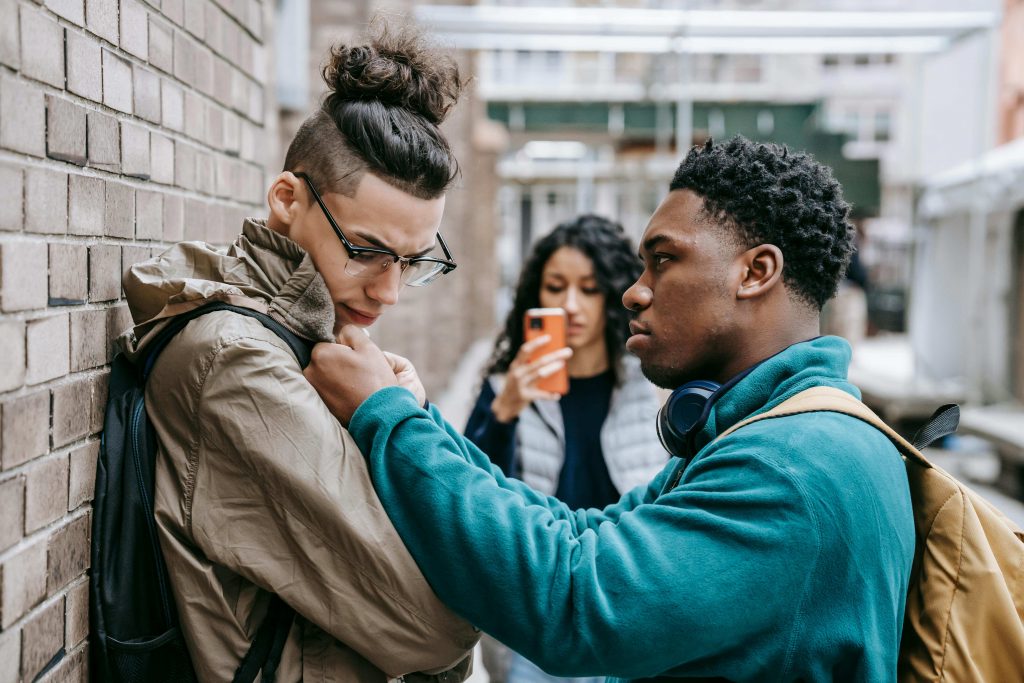
Achorado
It’s an aggressive or angry attitude indicated by the term “achorado” for most people. “Achorados” are individuals who frequently act in a rude, hostile, or defiant way. Additionally, the word “achorado” implies danger.
When a section of the city is labeled as “achorada,” it indicates that criminal activity or the presence of violent individuals has made the area dangerous.
Oe, Oye!
It’s a way to call someone’s attention, although “Oe” could be considered somewhat offensive by many, it’s like you can call someone “Hey, Maria are you up to tomorrow’s party!?
When you hear this expression, you can notice depending on the tone of the person’s voice if they’re angry or just want to be listened to.

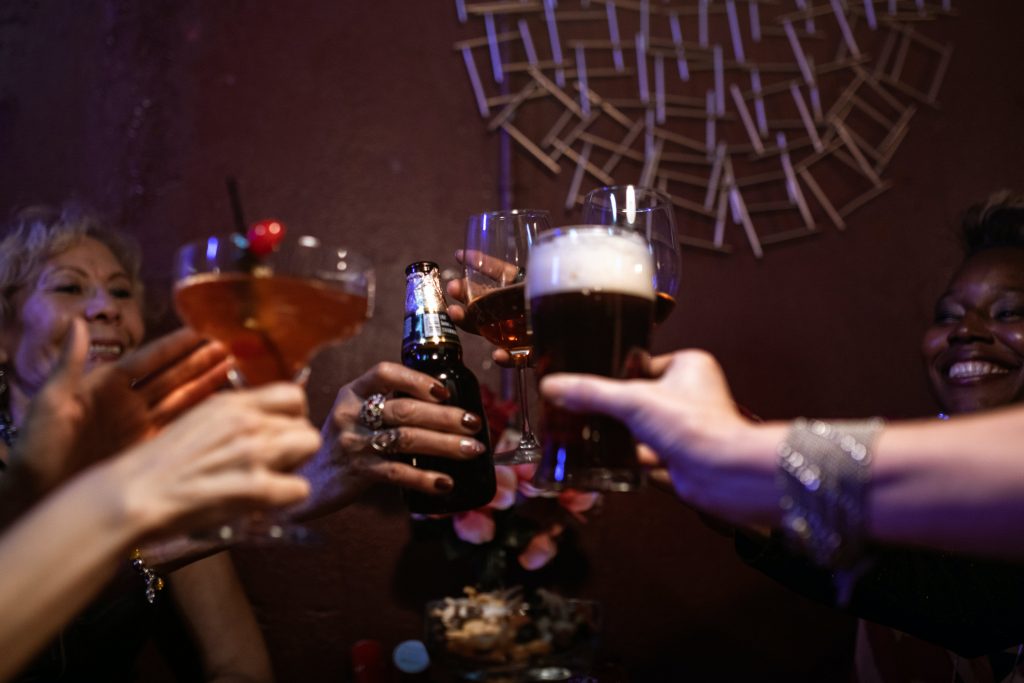
Huasca
This expression means “wasted” or “got loaded”. This expression has evolved from the Quechua word “waskha”, as it means rope or nude.
It’s interesting how later this expression means “being tied with alcohol”. Take your measures if you’ll get “huasca” in Peru.
Lechero
“Milkman” means you’re lucky or you could evade a risky situation in a good way. Consider yourself “lechero” if you can learn all of the expressions we’re giving you!


Pata
Literally, this one means a term used for an animal’s leg, but in Peruvian slang “Mi pata” means pal, buddy, or a very close friend. We hope you can make lots of “patas” in Peru!
Chato
It refers to someone short, this one is often used in a friendly context if one of your ”patas” is chato”. It is common to call someone chato for their small height or “chatito”.
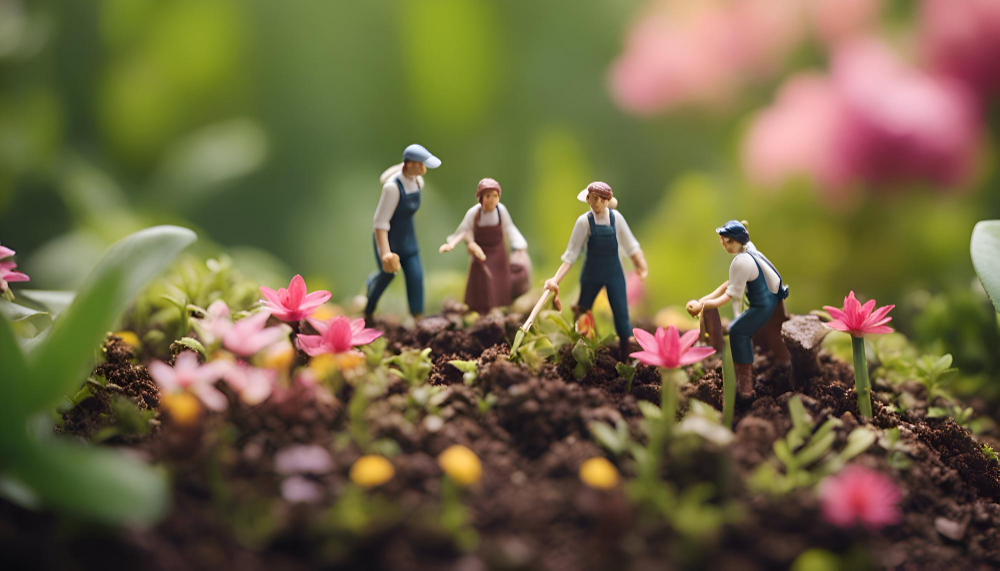
Food-Related Expressions and Slangs
As we stated earlier, it’s no surprise that we, Peruvians adore our food. We love it so much that we use it daily in our conversations. Let’s check out some expressions:
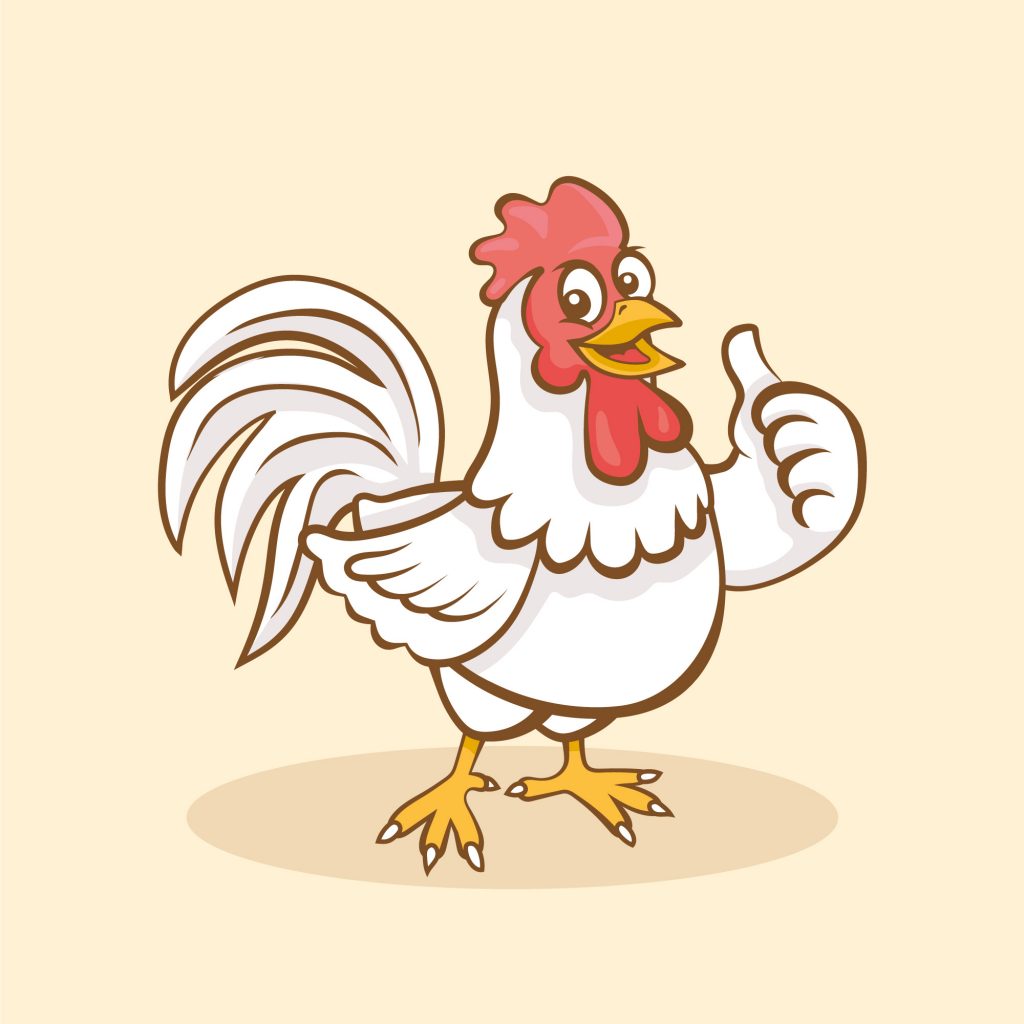
Pollo (Chicken)
If someone says “¡Qué pollo eres!”, they are playfully referring to someone who doesn’t handle alcohol well and gets dizzy quickly.
Lenteja (lentil)
So, when something’s moving at a snail’s pace, we say “It’s lenteja”. The same goes for people who take their sweet time. If someone says “Move on, you lenteja” perhaps you may speed up your pace a little bit.
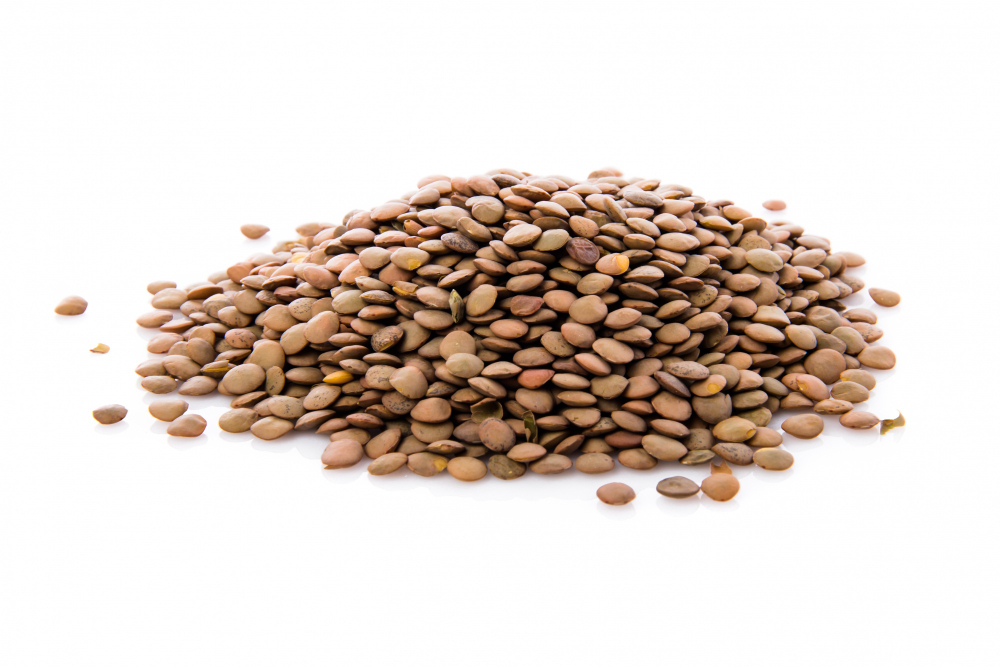
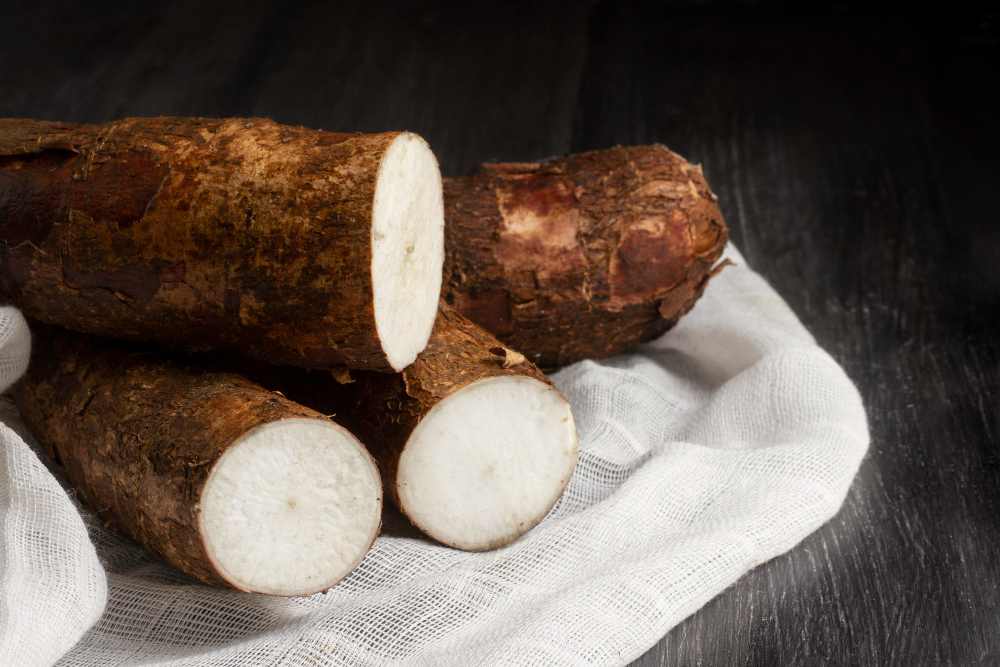
Yuca (cassava)
This super nutritious tuber is a real winner. We love it parboiled or fried as a side dish. In Peru, when things get tricky, people say “¡Qué yuca!” or “¡Está muy yuca!” – and get this, it can also mean legs!
Zanahoria: (carrot)
If someone calls you a zanahoria, don’t take it personally – it just means you’re a bit too naive. You might even hear “¡Qué zanahoria eres!” from a friend who’s nicely teasing you.
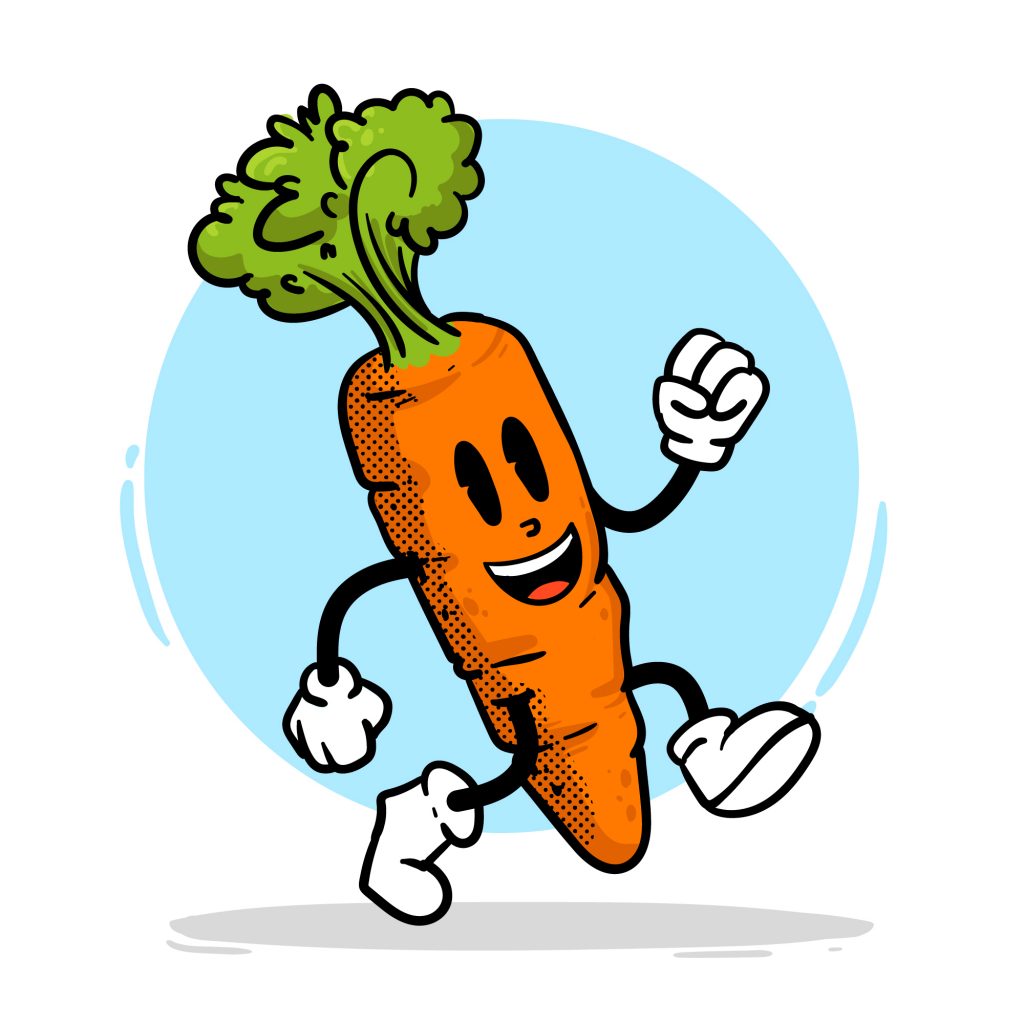
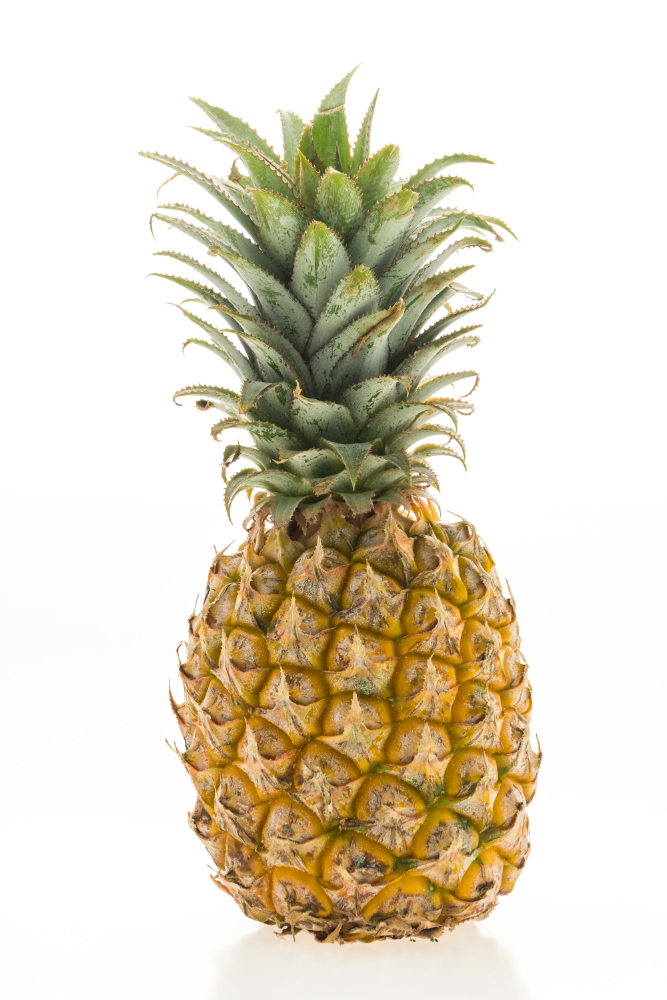
Piña (Pineapple)
This is the opposite of “lechero” as it means someone of bad luck. Que piña!
Papaya
You’ll hear people say “Qué papayita” or “Qué papaya” when something it’s a piece of cake.
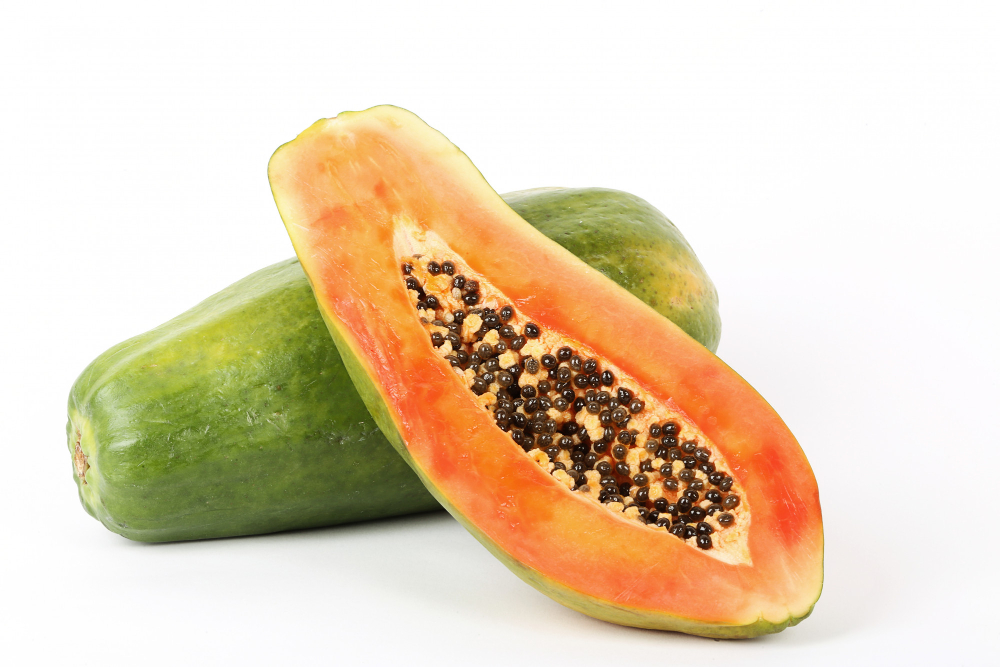
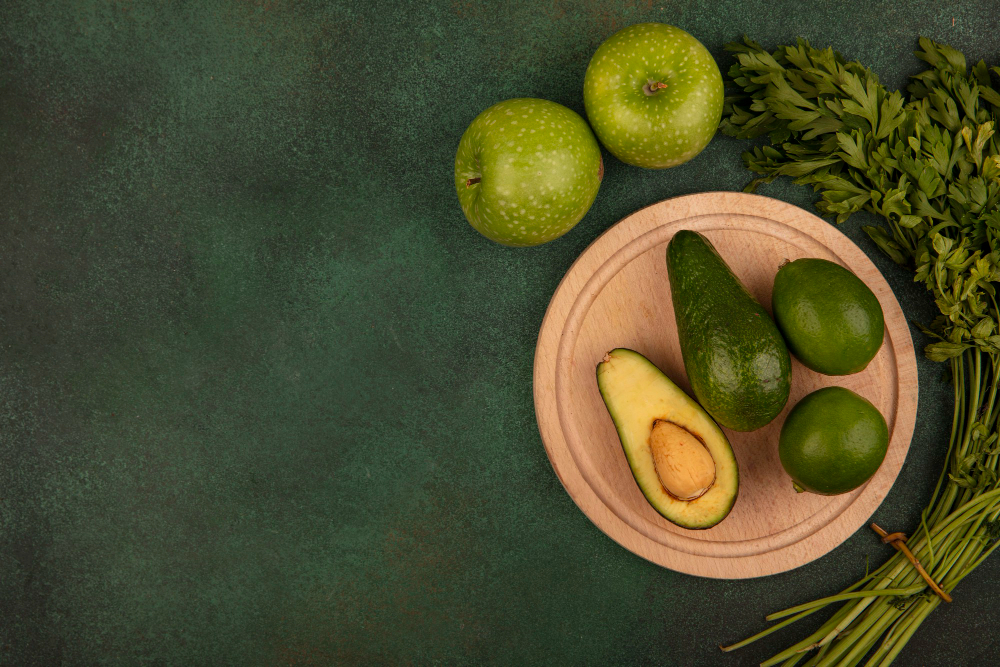
Palta (Avocado)
You might know it as guacamole, but in Peru, it also means “shame. From this word we have the verb “estar palteado” (To get avocadoed) means confused or nonplussed. Weird, right?
Cocos (Coconuts)
This fruit can refer to a super obvious belly or even dollars.
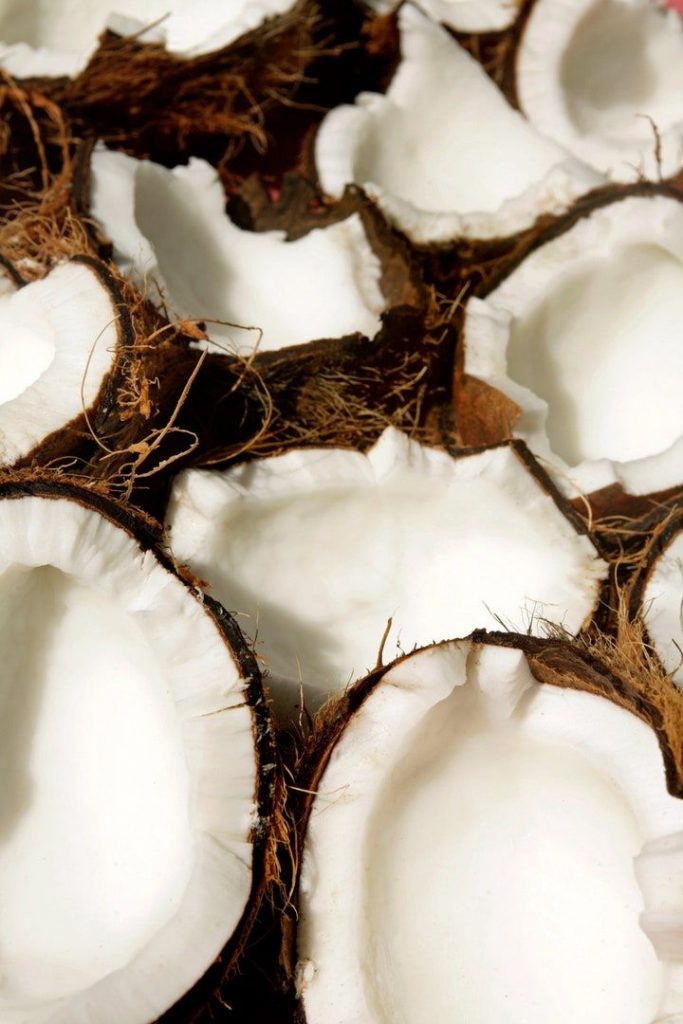
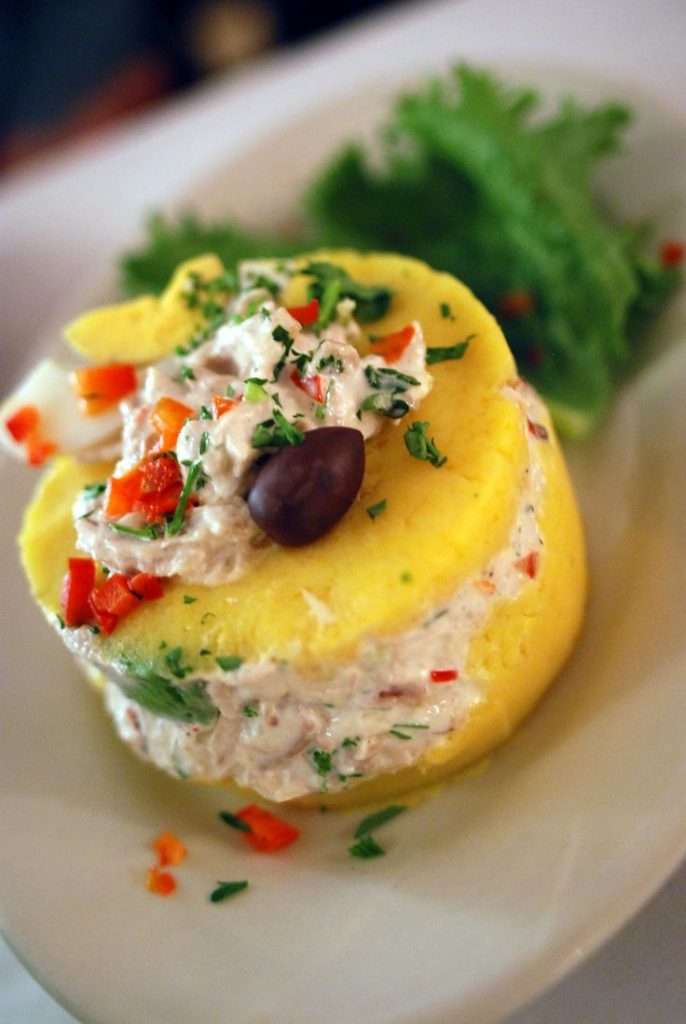
Causa
This tasty dish made from yellow potatoes is popular in Peru. Interestingly, “causa” also means “friend.”
Cual es tu Cau Cau?
You may have enjoyed cau cau, a beloved dish made with tripe and potatoes. But if someone asks you “¿Cuál es tu cau cau?”, they’re actually asking, “What’s your problem, or what’s wrong with you?
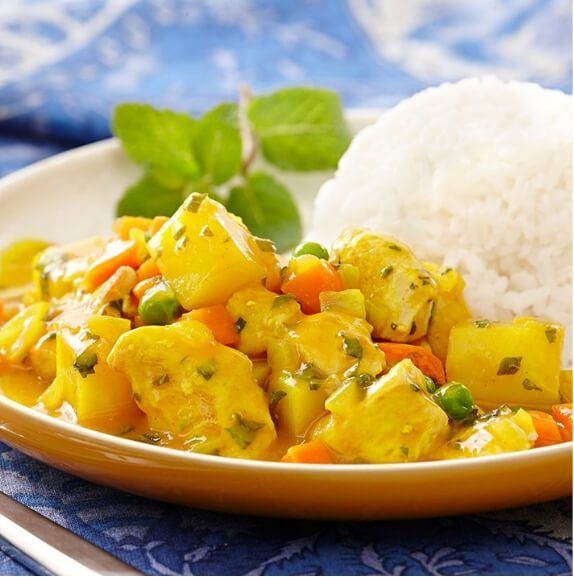
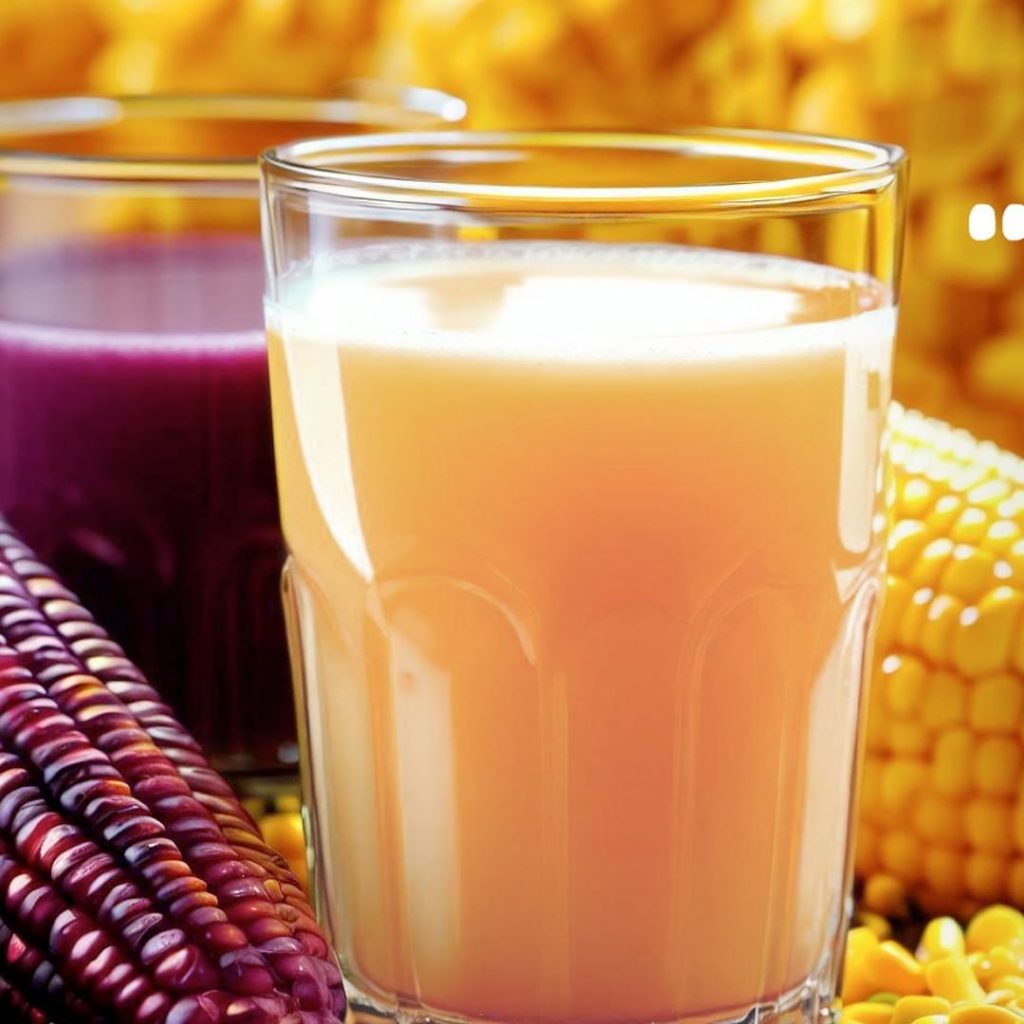
Ni chicha ni limonada
“Neither chicha nor Limonada” means neither one nor other, we mean that they are lacking in morality or conviction.
Tips to master Peruvian Expressions
- Dive into Peruvian movies and TV shows to discover new slang and get a taste of the culture.
- Get to know and appreciate Peruvian slang by making interactions with native speakers. Talking to locals will make learning the slang enjoyable, whether you’re in Peru or chatting online.
- Remember that not all Peruvians use the same slang. Stay open to learning new words and phrases from different groups. It’s a great way to connect with others!
- Use slang wisely. Reserve it for casual conversations with people you know well. In formal settings or with strangers, it’s impolite.
- Be aware that Peruvian slang varies by region. While some slang is used all over the country, other phrases are specific to certain areas. Mixing them up can lead to misunderstandings.
Congratulations, you have finished your Peruvian expressions and slang crash course! We hope to see you soon here in our country. If you plan to come to visit us, travel with Viagens Machu Picchu, a reputable travel agency that has realized more than 100,000 people’s dreams. Contact our consultants and start living your dreams “al toque”!
Viagens Machu Picchu, journeys that inspire, moments that last.
| Spanish > Viagens Machu Picchu |
| English >Viagens Machu Picchu |
| Portuguese > Viagens Machu Picchu |

